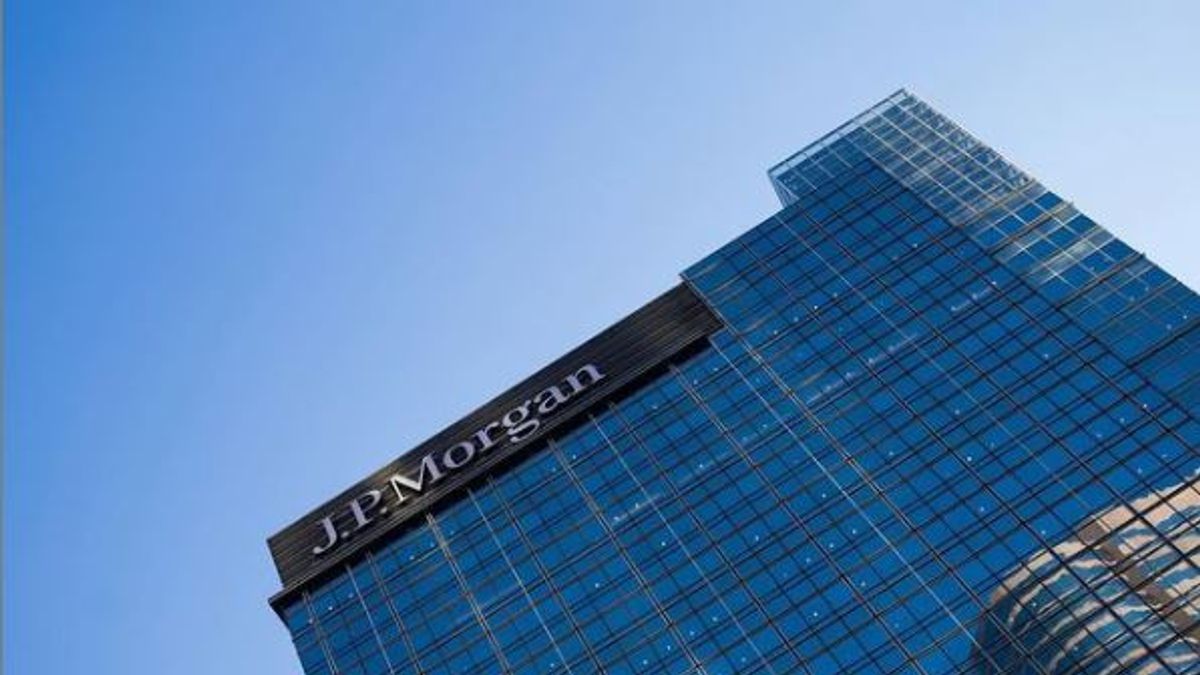JAKARTA - JPMorgan continues to criticize El Salvador's declaration of Bitcoin (BTC) as legal tender. They warn of potential risks to countries and cryptocurrencies.
According to a Bloomberg report on Sunday 12 July, a group of JPMorgan experts led by economist Steven Palacio released a report suggesting that El Salvador's adoption of BTC as a legal tender could burden the Bitcoin network.
Experts say that Bitcoin is highly illiquid. They also note that most Bitcoin trading volume is internalized by major exchanges, with over 90% of Bitcoins not changing hands in over a year.
JPMorgan experts also point out that the use of Bitcoin as legal tender in a country like El Salvador has the potential to place “significant restrictions” on Bitcoin's ability to function as a medium of exchange. This refers to the liquidity and nature of cryptocurrency trading over time.
“Daily payment activity in El Salvador will represent 4% of recent on-chain transaction volume and more than 1% of the total value of tokens transferred between wallets in the past year,” they said.
JPMorgan experts also note other challenges associated with El Salvador's adoption of Bitcoin as a legal tender, including the potential impact on the monetary system in addition to official dollarization. The persistent imbalance in demand for Bitcoin and US dollar conversions can “deprived the dollar of liquidity domestically”. This ultimately creates fiscal and balance of payments risks.
As previously reported, El Salvador's parliament passed legislation to recognize Bitcoin as legal tender in early June, with President Nayib Bukele declaring that accepting Bitcoin will become mandatory for all businesses.
A number of regulators and global financial institutions have expressed skepticism about the move, with the International Monetary Fund (IMF) warning of the potential legal and financial consequences. JPMorgan analysts suggest that El Salvador's adoption of Bitcoin could jeopardize the negotiations that the IMF is conducting.
The English, Chinese, Japanese, Arabic, and French versions are automatically generated by the AI. So there may still be inaccuracies in translating, please always see Indonesian as our main language. (system supported by DigitalSiber.id)











